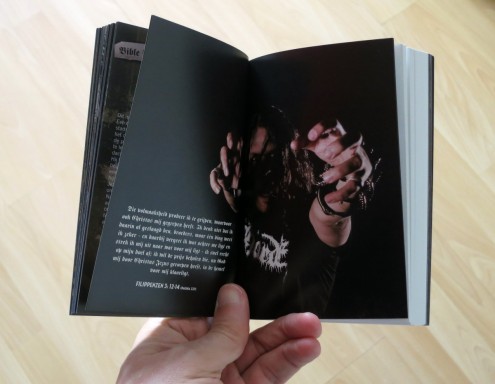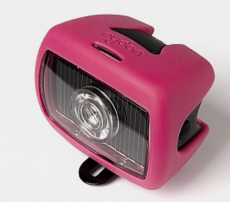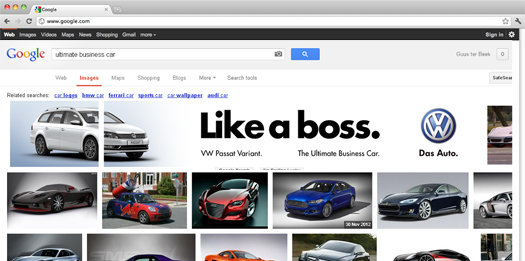 City governments are pressuring single mothers to reveal the name of the fathers of their children, so that they can then force said fathers into paying some sort of alimony, Dutchnews reported last Friday.
City governments are pressuring single mothers to reveal the name of the fathers of their children, so that they can then force said fathers into paying some sort of alimony, Dutchnews reported last Friday.
Apparently a man from Rotterdam, Eric van Deurzen, was ordered by a court to pay either the city or the mother 486 euro a month. (If I am being vague it’s because my sources are.) Volkskrant quotes two law professors, Paul Vlaardingerbroek and André Nuytinck, as saying that only the mother can bring suit.
Professor Nuytinck told Gelderlander that this also puts certain kinds of sperm donors in a tough situation: “Sperm donors who haven’t gone through a sperm bank may have difficulty proving that they did not conceive the child. For conception [as a legal term–Branko] there needs to have been intercourse.”
Since everybody is being so incredibly vague I had to do my own homework here.
Title 17 of Book 1 of the Dutch Civil Code (Burgerlijk Wetboek) states that “he who conceives a child that only has a mother […] is obliged to contribute to the cost of rearing and caring for the child until it reaches the age of majority […].” Although the law does differentiate between a father, a conceiver (verwekker) and a donor, it does not state that there is a difference between a donor and a conceiver when it comes to financial responsibility for raising a child.
Several websites and professor Nuytinck do make that distinction though, which leads me to believe that there must be a separate, more specific law detailing the rights and responsibilities of sperm donors somewhere. Not all the cost of artificial insemination are covered by basic health insurance and in 2010, a lesbian couple was refused treatment by a hospital in Leiden.
The law I quoted above seems to have especially dire consequences for gay couples. The partner who is not the parent only has rights if they’ve gone through official, sometimes homophobic channels and the donor has expressed the wish to remain pseudo-anonymous (in the Netherlands a child always has the right to know its father once it turns 16).
It is still not clear to me why a municipal government would have standing in a case where they ask for the determination of fatherhood.
(Photo by Gniliep, some rights reserved)
 Since last week the Amsterdam police are looking for a shoplifter who changed his mind while robbing a Kruidvat drugstore located in the De Pijp district.
Since last week the Amsterdam police are looking for a shoplifter who changed his mind while robbing a Kruidvat drugstore located in the De Pijp district.


 City governments are pressuring single mothers to reveal the name of the fathers of their children, so that they can then force said fathers into paying some sort of alimony,
City governments are pressuring single mothers to reveal the name of the fathers of their children, so that they can then force said fathers into paying some sort of alimony, 


 This year Dutch football clubs are getting at least 91 million euro for breaking up contracts with players who are set to move to foreign clubs,
This year Dutch football clubs are getting at least 91 million euro for breaking up contracts with players who are set to move to foreign clubs,  After World War II the Netherlands took two small villages and an assorted number of small territories from the Germans as reparations, most of which were returned on 1 August 1963 in exchange for 280 million German marks.
After World War II the Netherlands took two small villages and an assorted number of small territories from the Germans as reparations, most of which were returned on 1 August 1963 in exchange for 280 million German marks. A 34-year-old from Groningen paid for his drug addiction by stealing expensive Lego and Playmobil kits,
A 34-year-old from Groningen paid for his drug addiction by stealing expensive Lego and Playmobil kits,  Dutch television chain VPRO was fined 600 euro last Sunday for letting heavy smoker and comedian
Dutch television chain VPRO was fined 600 euro last Sunday for letting heavy smoker and comedian